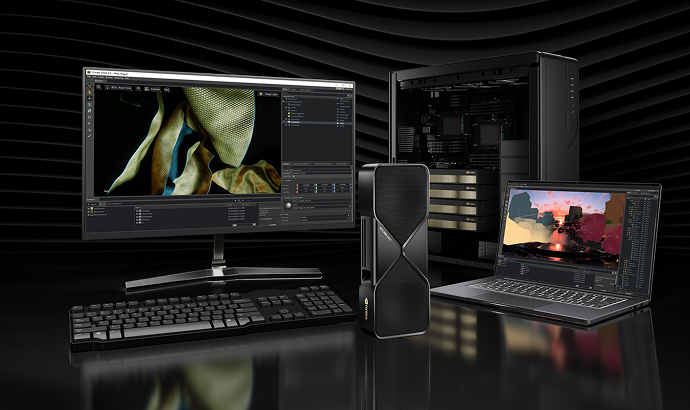

Writing About AI
Uvation
Reen Singh is an engineer and a technologist with a diverse background spanning software, hardware, aerospace, defense, and cybersecurity. As CTO at Uvation, he leverages his extensive experience to lead the company’s technological innovation and development.

High-performance computing (HPC) involves workloads that significantly exceed traditional data processing capabilities. It is crucial for businesses in today’s digital environment because it enables innovation, increases operational effectiveness, and transforms data-driven decision-making. HPC is particularly vital for tasks such as AI and machine learning (including training and inference for deep learning models), real-time big data analytics, and scientific research like computational simulations in genomics or climate modelling. The sheer volume and complexity of data generated daily, coupled with the sophisticated demands of modern problems in various industries, necessitate HPC solutions to process, analyse, and resolve challenges that traditional systems cannot handle.
Several significant trends are driving the evolution of the HPC market:
GPUs are uniquely suited to meet HPC business requirements due to their ability to perform massive parallel computations.
Businesses have several options for deploying HPC solutions, each with distinct advantages:
The market offers a range of powerful GPU server options tailored for various HPC needs:
IT managers and CIOs must consider several strategic factors beyond just technical specifications:
Organisations are employing a variety of strategies to manage high compute requirements effectively:
The future of HPC and GPUs in business is marked by rapid growth and increasing strategic importance. The HPC market is projected to reach $64.6 billion by 2030, with GPUs playing a pivotal role in this expansion. This growth is driven by continuous advancements in GPU technology, which are becoming indispensable for handling current workloads and scaling for future challenges across various industries. For IT managers and CIOs, staying competitive means actively adopting GPUs that can meet the evolving demands of AI, big data, scientific research, and other computationally intensive applications, making GPU selection a critical strategic investment for organisational future.
We are writing frequenly. Don’t miss that.

Unregistered User
It seems you are not registered on this platform. Sign up in order to submit a comment.
Sign up now